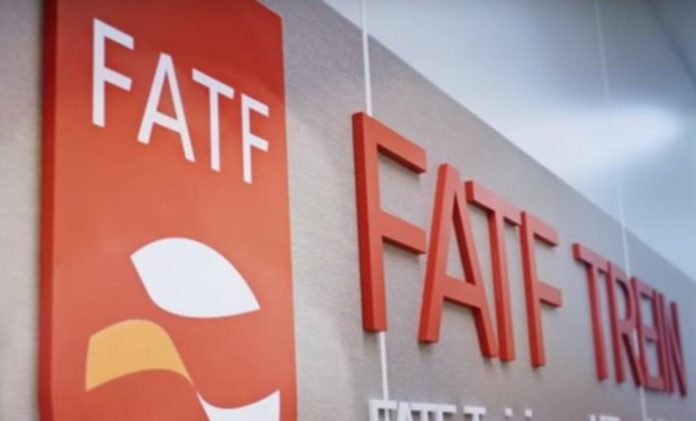ISLAMABAD: The Federal Investigation Agency (FIA) has determined that the non-serious attitude of the departments linked to countering money laundering and terror financing could make it difficult for Pakistan to convince the Asia Pacific Group (AGP) of Financial Action Task Force.
According to a report in The News, the FIA has told the prime minister that due to a poor response of the departments linked to APG, the position was bleak for Pakistan and is presently in jeopardy of being moved into the blacklist category.
After the conclusion of the APG team’s visit last week, a special report was prepared which pinpointed weaker areas of several departments and discovered immediate and long-term measures which required improvement.
“Pakistan faces an uphill task to satisfy the Asia Pacific Group inspectors who visited Islamabad to analyze and comment on anti-money laundering/counter-terrorism financing efforts,” reads the special report of the FIA sent to PM, a couple of days back. The situation is not satisfactory and this report of APG will become the basis of a future decision of FATF,” said the report.
Moreover, the report pinpointed the vulnerable areas of departments like the Federal Monitoring Unit (FMU) of the central bank, FIA, National Accountability Bureau (NAB).
The FIA report stated that the earlier report prepared on Risk Assessment of Pakistan and shared in 2017 wasn’t taken seriously by the relevant department and no effort was undertaken to address the FATF’s concerns.
Due to inadequate preparation, the responses to questions of inspectors confounded on that report were usually, observed in the report highlighting the APG inspectors had taken stock of the situation.
Also, the report observed the state institutions failure and the slow progress on extradition treaties and mutual legal assistance treaties despite a provision in laws.
It noted,” This could be interpreted as official ‘lack of will’. This will not augur well for Pakistan in the final assessment.”
And the report noted that the referral mechanism of FMU to civilian law enforcement agencies was found to be inept.
It didn’t think the FMU wasn’t seen as an observant, vibrant and proactive of the state.
According to the report, a centralized body to watch the real estate, telebanking, auto-trade as a fork for irregular cash transfers had been detected as missing.
Moreover, the FIA report confessed the incapability of the prosecution to get the accused indicted in anti-money laundering cases. “The inspectors also viewed with great concern the low convictions and seizures in AML cases.”
The report after determining the key areas of concerns has suggested the PM to immediately set up a task force for the intention to serve as a steering committee to organize the work of FMU and every Law Enforcement Agencies (LEAs) for filling the huge deficit of non-cooperation.
It called for immediate steps to empower the FMU, a critical constituent to deal with terror financing on modern grounds.
The report stated the central bank must ensure that no Suspicious Transaction Report (STR) goes unreported and non-cooperative commercial banks vis-à-vis STRs be penalized.
It added, “the quality of STRs, currently based on artificial intelligence and search parameters given to the super-computer, needs to be improved with the input from FIA and all LEAs.”




